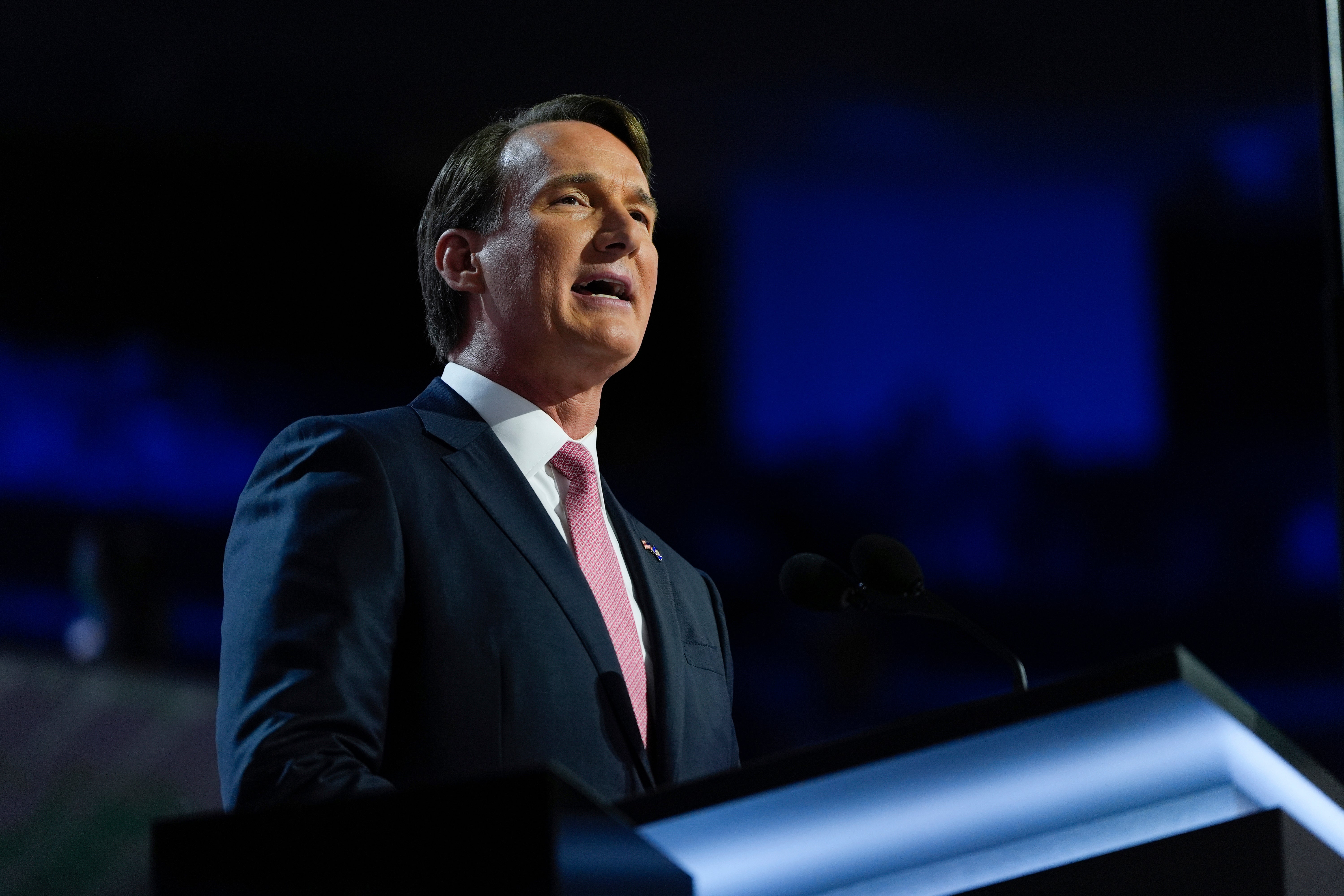Virginia lawmakers repeal restrictions on popular tuition waiver program for military families
Virginia lawmakers have given final approval to legislation that will repeal new restrictions on a tuition waiver program for military families

Your support helps us to tell the story
From reproductive rights to climate change to Big Tech, The Independent is on the ground when the story is developing. Whether it's investigating the financials of Elon Musk's pro-Trump PAC or producing our latest documentary, 'The A Word', which shines a light on the American women fighting for reproductive rights, we know how important it is to parse out the facts from the messaging.
At such a critical moment in US history, we need reporters on the ground. Your donation allows us to keep sending journalists to speak to both sides of the story.
The Independent is trusted by Americans across the entire political spectrum. And unlike many other quality news outlets, we choose not to lock Americans out of our reporting and analysis with paywalls. We believe quality journalism should be available to everyone, paid for by those who can afford it.
Your support makes all the difference.Virginia lawmakers gave final approval Thursday to legislation that will repeal new restrictions on a tuition waiver program for military families.
The House of Delegates and state Senate each voted unanimously to fully restore the Virginia Military Survivors and Dependents Education Program, which offers free college tuition at state schools for families of military veterans who were killed or seriously disabled while on active duty.
Gov. Glenn Youngkin returned to Richmond on Thursday from the Republican National Convention in Milwaukee to sign the legislation into law.
The program's costs have risen from $12 million to $65 million in five years. The state budget passed earlier this year restricted eligibility for the program to associate and undergraduate degrees, required participants to apply for other forms of financial aid and tightened residency requirements.
Veterans and their families vehemently protested the new restrictions, but state lawmakers struggled for weeks to reach an agreement on a solution.
The Washington Post reports that the bills approved Thursday set aside $45 million a year over the next two years to help colleges and universities deal with the expense, on top of $20 million per year that was already included in the budget.
Several groups are working on a long-term solution to control the costs of the program, including a task force appointed by Youngkin and a separate task force appointed by the Senate. The Joint Legislative Audit and Review Commission is also studying how to preserve the program. Lawmakers said they would take the issue up again in the General Assembly regular session in January.